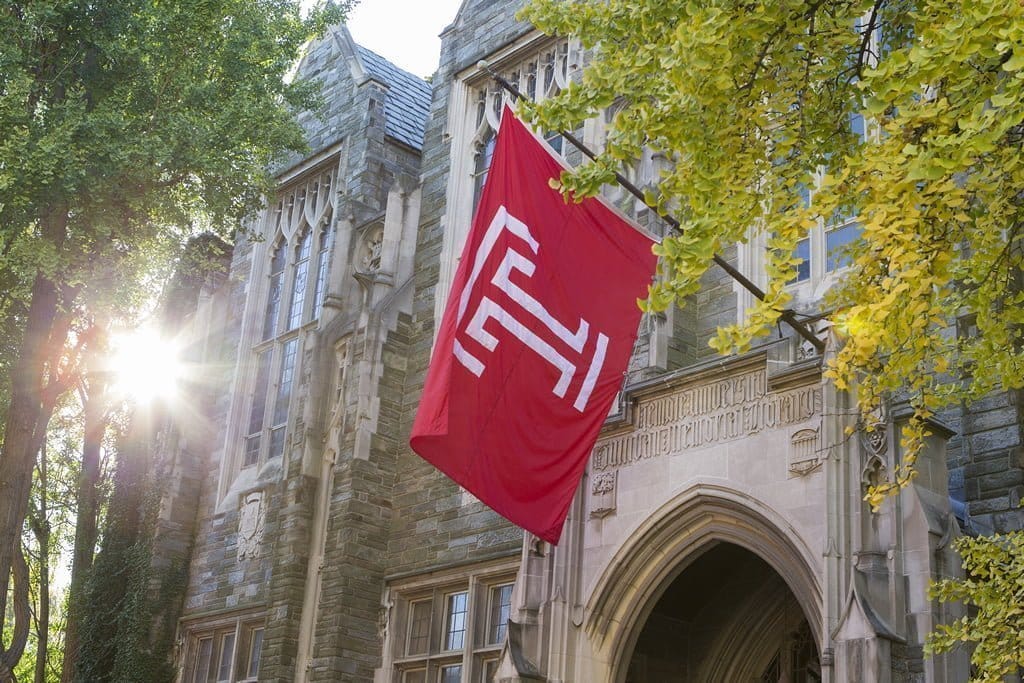“House Republicans just lost control of the house and are more willing to throw bombs now.” That’s how Allegheny County Democratic Rep. Nick Pisciottano explains the current impasse blocking the funding for Pennsylvania’s state-related universities. “They are holding tuition discounts hostage and it’s hurting their own constituents.”
Pisciottano is referring to the funding of state-related schools. Institutions of higher learning that were founded as private but later made more available to Pennsylvania students via tuition discounts paid in bulk, directly to the universities.
Those state-related schools which originated as private but later became publicly-funded are Penn State, University of Pittsburgh, Temple, and Lincoln. Together these schools have more than 30 satellite campuses serving the commonwealth in local communities.
When Governor Josh Shapiro signed the state budget in August, all the other institutions of higher learning – except for the four state-related universities – received funding. The Pennsylvania constitution requires that expenditures to private institutions must be approved by a two-thirds legislative majority. And for now, several House Republicans refuse to approve those expenditures.
Representative Eric Nelson, Republican from Greensburg, defended his blocking objection, “Lincoln has already passed the House. Lincoln really needs the funding. It’s the University of Pittsburgh and Temple that don’t have the votes.”
Lincoln University, originally chartered as Ashmun Institute in 1854, is the oldest degree granting Historically Black College and University (HBCU) in the nation. In 1866, the school changed its name to honor President Abraham Lincoln. Thanks to legislative appropriations since 1972, a full 50 percent of the enrollees at publicly funded Lincoln are in-state students.
READ: Support Local Journalism in Defense of Democracy
All four of the state-related schools operate under private leadership. And while Nelson voiced no concern for the lack of oversight at Lincoln, he admonishes what he calls a “lack of transparency” at the other three.
Referring to Pitt and Temple as “wealthy universities,” Nelson complained that “similar students are treated differently when it comes to funding.” Nelson decries the fact that while PASSHE legislative investments average out to $8928.73 per student while the state-related schools get more per student. At Temple that number is slightly higher, $8999.31, and at Pitt it’s nearly a thousand more at $9,905.51. His concern: if this money’s for the students, why can’t they open their books and let the legislators see that for themselves?
Proponents of funding the state-related schools, like Bucks County Representative Tim Brennan, say that – while all for increased transparency – Nelson doesn’t need to see the books. Proponents see the proof in the disparity between in-state and out-of-state tuition costs. Brennan looks at the numbers as clear indicators of legislative support working for Pennsylvania students. And he sees that support as essential, adding that “failing to fund our state-related educational institutions is legislative malpractice.”
Pisciottano agrees, explaining that the $640 million sent to the four schools “picks up some of the funding to make sure Pennsylvania students get an education at our own world class universities right here in PA. All these universities are in high demand. They will fill the seats,” with or without local students.
All three schools, Temple, Pitt and Penn State are among the top 100 colleges and universities in the nation. In-state tuition for the three schools affords far greater discounts to in-state students than the legislative subsidy costs the taxpayers. Temple, ranked 89th in the nation, charges PA students, nearly $13,000 less, Pitt, ranked 67th, saves them $16,000, while Penn State, 60th in the country, is nearly $20,000 less per student originating in the Keystone state.
Even if Nelson were willing to budge and provide funding to Penn State – the District 57 representative complains that the opportunity to vote up or down on funding that particular school has been eliminated. “The Democrats are withholding [a vote on] Penn State saying we have to have a consolidated vote now,” he said. Meaning a vote for all three-remaining state-related universities at once.
What would Nelson and his like-minded colleagues like to see instead? A straight up voucher program for all graduating Pennsylvania students to go to the college of their choosing – facilitated through the already established Pennsylvania Higher Education Assistance Agency that currently disperses grants to students based on need. Nelson says that by redistributing the $500 million earmarked for the remaining three state-related schools, local financially eligible high school grads could get as much as $8000 to go to the school of their choice.
When reminded that he has two children at Penn State right now – and the savings provided by in-state tuition far exceed $8,000 per student – Nelson acknowledged there would be a four-year phase in of the new program. Nelson noted that “for students in pursuit of their education, this direct to student voucher would mean free community college.” But not until after his children benefited from the in-state prices at Penn State.
Nelson doesn’t think the kids going to the top ranked schools need that much help. He feels the priority for funding to the state-related schools stems more from heavy handed lobbying campaigns than from a concern for the cost to families. “Pitt spent what? About a million dollars last year lobbying?”
Nelson has four institutions of higher learning in his district – one of them a satellite of the University of Pittsburgh, the one he credits with excessive lobbying and one of the three schools he steadfastly asserts no longer deserves public funding. “I also have a community college in my district. The students attending community college need more support. Just because Pitt’s a great university doesn’t mean it should receive extra funding.”
Bucks County Representative Tim Brennan disagrees when it comes to lowering the price for in-state students at some of the finest universities in the country. “There is nothing we do that is more important than giving our kids a chance at better lives and preparing them to tackle 21st Century problems.”







